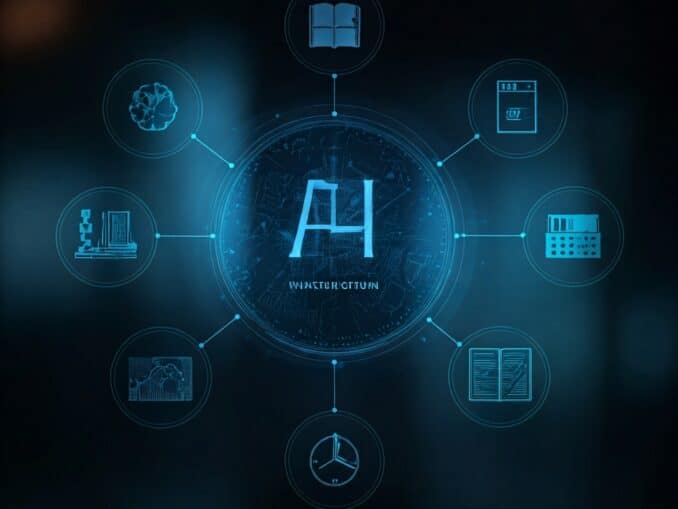Question: Modern Computer are very reliable but they are not
Answer:
Modern computers are indeed very reliable, but they are not completely infallible or immune to failures.
While significant advancements have been made in computer technology, hardware reliability, and software stability, it is important to recognize that no system is entirely free from potential issues or failures. Here are a few reasons why modern computers may not be considered completely reliable:
1. Hardware Failures: Computer hardware components, such as processors, memory modules, hard drives, or power supplies, can experience failures due to various factors like manufacturing defects, wear and tear, overheating, power surges, or physical damage. These failures can lead to system crashes, data loss, or malfunctioning of specific hardware devices.
2. Software Bugs: Despite rigorous testing and quality assurance processes, software programs can still have bugs or programming errors that may cause unexpected behavior, crashes, or security vulnerabilities. New software updates or patches are regularly released to address such issues and improve stability.
3. External Factors: Computers can be affected by external factors beyond their control, such as power outages, voltage fluctuations, natural disasters, or physical damage caused by accidents or environmental conditions. These external factors can disrupt the normal functioning of a computer system.
4. User Errors: Human errors, such as improper configuration, incorrect usage, or accidental deletion of important files, can impact the reliability and performance of a computer system. It's important for users to follow best practices, maintain backups, and exercise caution while interacting with computer systems.
While modern computers are designed with advanced hardware redundancy, error-correcting mechanisms, and robust software, they are still subject to the limitations and vulnerabilities inherent in any complex technological system. Continuous advancements in technology and ongoing maintenance efforts aim to improve reliability, but complete reliability is challenging to achieve in practical terms.
MCQ: Modern Computer are very reliable but they are not
Explanation:
Modern computers are indeed very reliable, but they are not completely infallible or immune to failures.
While significant advancements have been made in computer technology, hardware reliability, and software stability, it is important to recognize that no system is entirely free from potential issues or failures. Here are a few reasons why modern computers may not be considered completely reliable:
1. Hardware Failures: Computer hardware components, such as processors, memory modules, hard drives, or power supplies, can experience failures due to various factors like manufacturing defects, wear and tear, overheating, power surges, or physical damage. These failures can lead to system crashes, data loss, or malfunctioning of specific hardware devices.
2. Software Bugs: Despite rigorous testing and quality assurance processes, software programs can still have bugs or programming errors that may cause unexpected behavior, crashes, or security vulnerabilities. New software updates or patches are regularly released to address such issues and improve stability.
3. External Factors: Computers can be affected by external factors beyond their control, such as power outages, voltage fluctuations, natural disasters, or physical damage caused by accidents or environmental conditions. These external factors can disrupt the normal functioning of a computer system.
4. User Errors: Human errors, such as improper configuration, incorrect usage, or accidental deletion of important files, can impact the reliability and performance of a computer system. It's important for users to follow best practices, maintain backups, and exercise caution while interacting with computer systems.
While modern computers are designed with advanced hardware redundancy, error-correcting mechanisms, and robust software, they are still subject to the limitations and vulnerabilities inherent in any complex technological system. Continuous advancements in technology and ongoing maintenance efforts aim to improve reliability, but complete reliability is challenging to achieve in practical terms.
Discuss a Question
Related Questions
- 1. What is the name of the display feature that highlights are of the screen which requires operator attention?
- 2. Personal computers use a number of chips mounted on a main circuit board. What is the common name for such boards?
- 3. In most IBM PCs, the CPU, the device drives, memory expansion slots and active components are mounted on a single board. What is the name of this board?
- 4. What is meant by a dedicated computer?
- 5. The system unit of a personal computer typically contains all of the following except:
- 6. A computer program that converts an entire program into machine language is called a/an
- 7. A computer program that translates one program instructions at a time into machine language
- 8. A small or intelligent device is so called because it contains within it a
- 9. A fault in a computer program which prevents it from working correctly is known as
- 10. A self replicating program, similar to a virus which was taken from a 1970s science fiction novel by John Bruner entitled the Shockwave Rider is
You may be interested in:
Computer Basics MCQs






